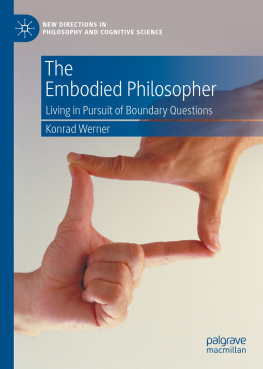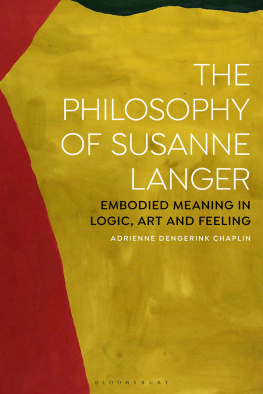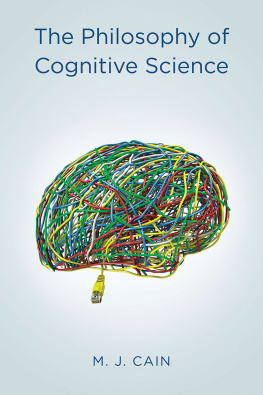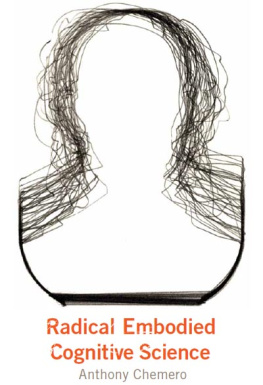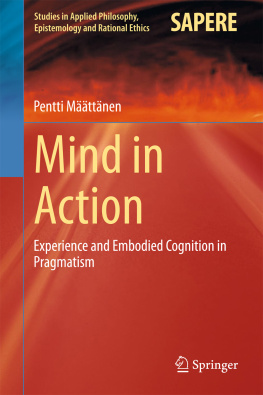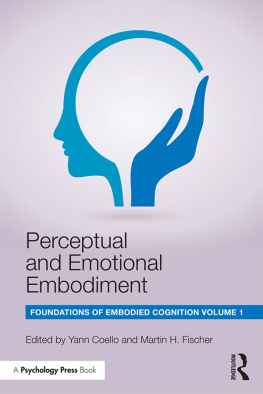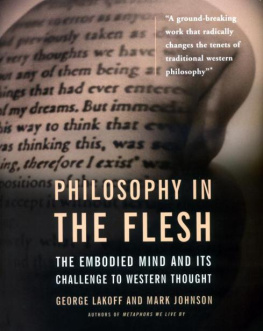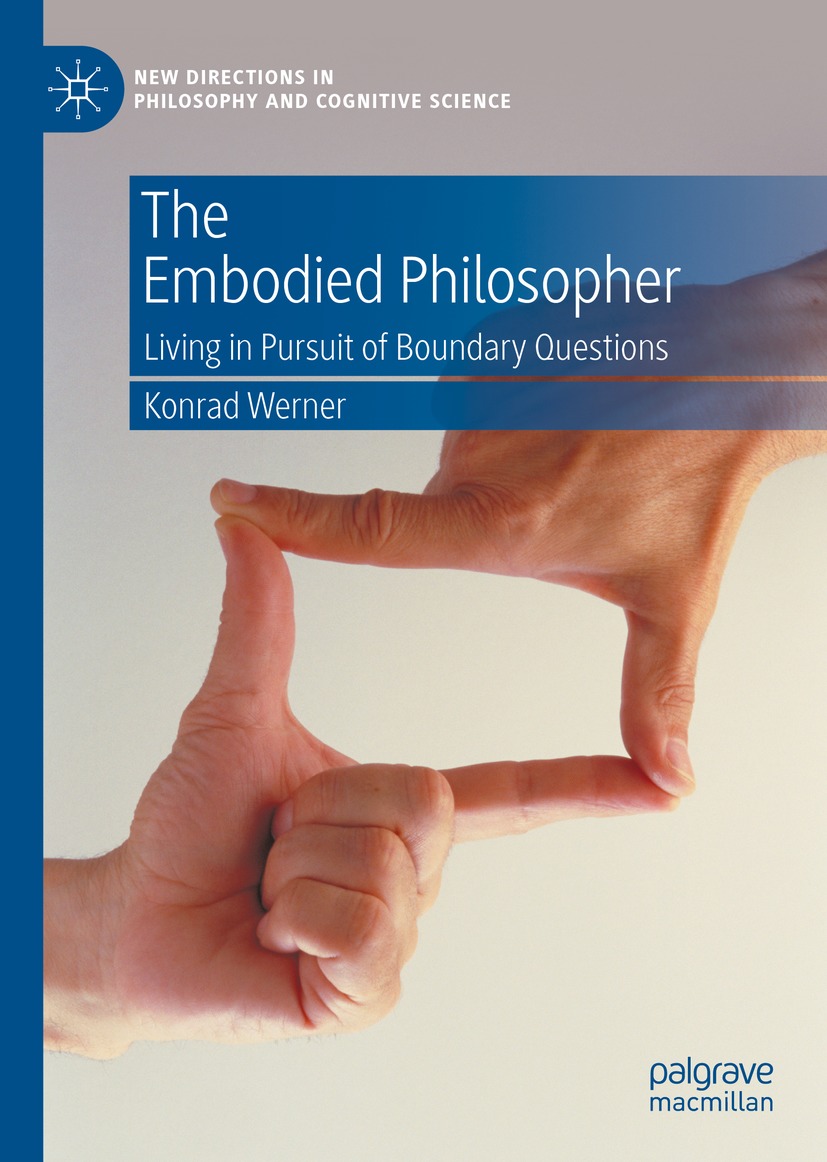Konrad Werner - The Embodied Philosopher: Living in Pursuit of Boundary Questions
Here you can read online Konrad Werner - The Embodied Philosopher: Living in Pursuit of Boundary Questions full text of the book (entire story) in english for free. Download pdf and epub, get meaning, cover and reviews about this ebook. year: 2021, publisher: Palgrave Macmillan, genre: Romance novel. Description of the work, (preface) as well as reviews are available. Best literature library LitArk.com created for fans of good reading and offers a wide selection of genres:
Romance novel
Science fiction
Adventure
Detective
Science
History
Home and family
Prose
Art
Politics
Computer
Non-fiction
Religion
Business
Children
Humor
Choose a favorite category and find really read worthwhile books. Enjoy immersion in the world of imagination, feel the emotions of the characters or learn something new for yourself, make an fascinating discovery.
- Book:The Embodied Philosopher: Living in Pursuit of Boundary Questions
- Author:
- Publisher:Palgrave Macmillan
- Genre:
- Year:2021
- Rating:5 / 5
- Favourites:Add to favourites
- Your mark:
The Embodied Philosopher: Living in Pursuit of Boundary Questions: summary, description and annotation
We offer to read an annotation, description, summary or preface (depends on what the author of the book "The Embodied Philosopher: Living in Pursuit of Boundary Questions" wrote himself). If you haven't found the necessary information about the book — write in the comments, we will try to find it.
The book is the first formulation of a meta-philosophical scheme rooted in the embodied cognition paradigm. The latter views subjects capable of cognition and experience as living, embodied creatures coupled with their environments. On the other hand, the emergence of experimental philosophy has given rise to a new context in which philosophers have begun to search for a more thorough definition of philosophical competence. The time is ripe for these two trends to join their efforts. Therefore, the book discusses what it means for a human being thought of as a living subject to pursue philosophy. In this context, in contrast to the existing literature, philosophical competence must not be conflated with competence in philosophy. The former is a skill or attitude. The book refers to this peculiar attitude as the recognition of ones epistemic position.
Konrad Werner: author's other books
Who wrote The Embodied Philosopher: Living in Pursuit of Boundary Questions? Find out the surname, the name of the author of the book and a list of all author's works by series.

